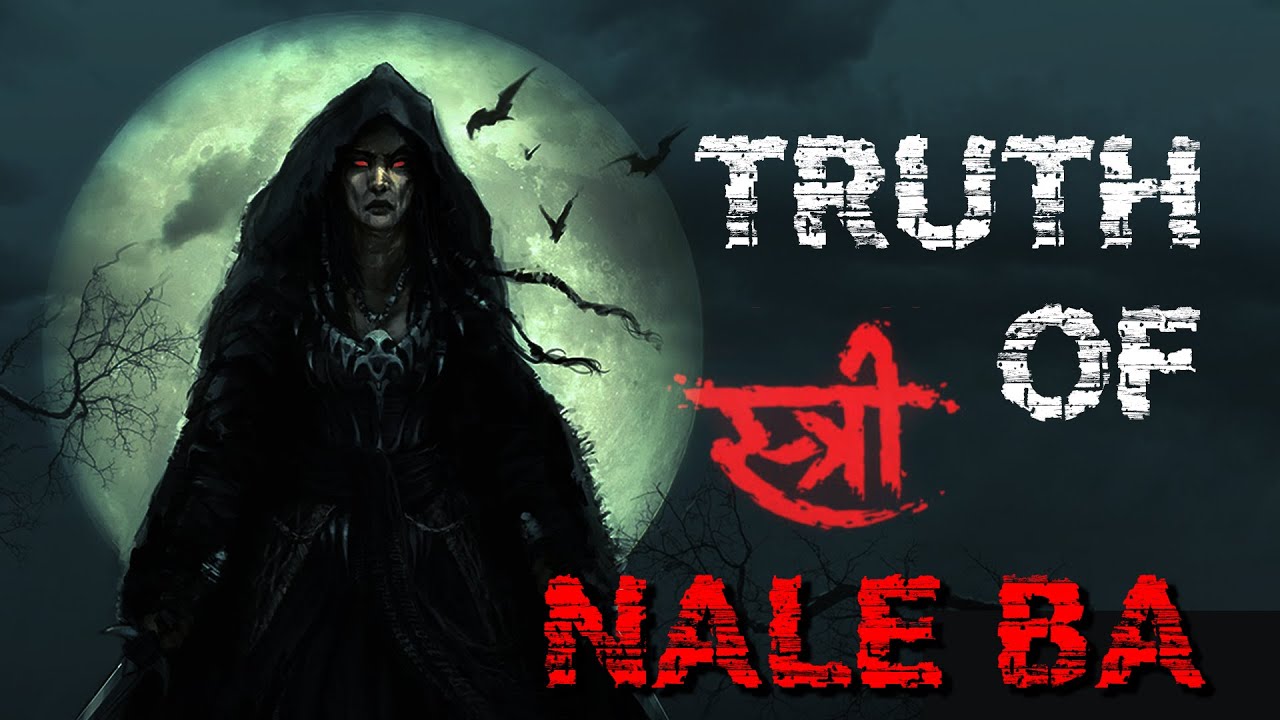
when Horror Yearbook – The Story Behind “Nale Ba” reveals a chilling urban legend from Bangalore. Residents say a ghost knocks on doors late at night. The phrase “Nale Ba,” meaning “come tomorrow” in Kannada, is written on doorways. This clever message supposedly tricks the ghost to leave people alone. The legend has been passed down for decades and remains part of Bangalore’s folklore. It highlights how traditional beliefs and modern life intersect in urban India.
The legend began several decades ago during a mysterious period of nightly door knocks. People heard persistent knocking but found no one outside. Fear spread quickly as the knocks continued night after night. To protect themselves, locals started writing “Nale Ba” on their doors. The phrase invited the spirit to return the next day, never to come back again. This simple act turned into a community ritual to ward off the ghost. Over time, the legend gained fame beyond Bangalore’s limits.
“Read about: The Mirror’s Curse: Reflections of a Dark Past”
The phrase “Nale Ba” holds deep cultural meaning. In Kannada, it directly translates to “come tomorrow,” which suggests postponing or deferring an unwelcome visitor. This reflects traditional Indian beliefs about spirits and supernatural forces. People often use words and symbols to control unseen energies. In this case, the message serves as a polite rejection of the ghost’s presence. It demonstrates a blend of fear and humor in dealing with the unknown. Writing on doors became a symbolic gesture of protection and resilience.
Many Bangalore residents continue to practice this ritual, especially in older neighborhoods. They believe the message prevents misfortune or harm from the spirit. Some families pass down the story and ritual to younger generations. The practice creates a sense of community and shared identity. It also offers comfort during uncertain nights. Even though modern technology and urban development have advanced, the legend remains alive. People write “Nale Ba” with chalk or paint, maintaining this tradition with care.
The “Nale Ba” legend has influenced local art, films, and storytelling. Several Kannada movies have referenced the ghost and its message. Writers use it as a symbol of Bangalore’s rich folklore. The story also attracts curious tourists seeking a taste of local culture. Social media has spread awareness, with many sharing their own experiences or interpretations. The phrase has become a cultural icon representing fear, wit, and survival. Its presence in popular culture ensures the legend’s longevity.
“Read more: Popeyes Launches New Chicken Wrap to Rival McDonald’s Snack Wrap”
Psychologists suggest the “Nale Ba” legend helps people cope with fear and uncertainty. The ritual creates a sense of control over an uncontrollable situation. It also promotes social bonding by giving people a common story. Shared beliefs can reduce anxiety and encourage mutual support. Additionally, the story serves as a cautionary tale about the unknown dangers lurking in the night. This urban legend reflects human nature’s need to explain and manage fear. It strengthens community ties through shared experiences.
Even in today’s fast-paced urban environment, the “Nale Ba” legend holds relevance. Bangalore’s residents still face uncertainties related to safety and security. The ritual offers a small but meaningful way to confront these fears. It acts as a cultural anchor amid rapid modernization. Writing “Nale Ba” connects people to their heritage and traditions. This continuity helps preserve Bangalore’s unique identity. The legend encourages respect for folklore while adapting to modern life.
The Story Behind “Nale Ba” exemplifies how urban legends evolve over time. It combines fear, tradition, and community resilience in a unique way. Bangalore’s haunted nights continue to intrigue residents and visitors alike. The legend remains a powerful symbol of cultural heritage. Writing “Nale Ba” on doors is more than superstition; it’s a living tradition. It shows how stories shape identity and help people face the unknown.